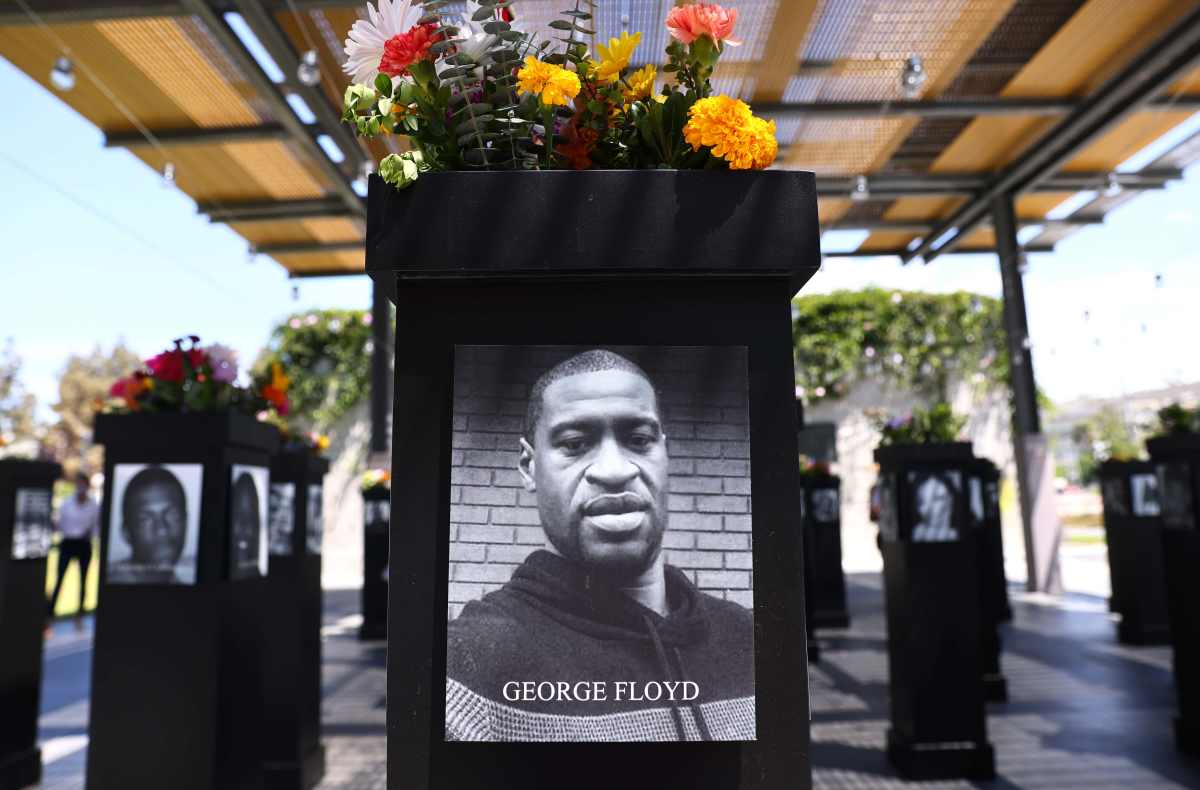'Watershed moment': California becomes 1st state to ban police from blaming deaths on 'excited delirium'

SACRAMENTO, CALIFORNIA: California has become the first state to ban the controversial 'excited delirium' diagnosis. Governor Gavin Newsom signed the legislation on October 8 prohibiting the "pseudoscientific diagnosis" as a cause of death.
The condition will no longer be listed as a cause of death from January 2024. Law enforcement authorities have frequently used this diagnosis to justify deaths in their custody.
Is 'excited delirium' a real diagnosis?
According to the National Library of Medicine, "Excited (or agitated) delirium is characterized by agitation, aggression, acute distress and sudden death, often in the pre-hospital care setting. It is typically associated with the use of drugs that alter dopamine processing, hyperthermia, and, most notably, sometimes with death of the affected person in the custody of law enforcement."

Since 2020, the American Medical Association (AMA) and American Psychiatric Association (APA) have rejected it as a medical condition, citing its disproportionate application to Black men in law enforcement custody.
Used as a legal defense in the death of George Floyd
Medical practitioners have argued that the diagnosis is often used with racial prejudice.
In 2021, AMA stated the term 'excited delirium' is used as a "justification for excessive police force, disproportionately cited in cases where Black men die in law enforcement custody."

In a body camera footage of George Floyd's death in 2020, one of the officers was heard saying, "Concerned about excited delirium or whatever." During the murder trial, the defense of officer Derek Chauvin argued the condition was real.
The term was also used as a legal defense in other controversial murders, including Daniel Prude in Rochester, New York, and Angelo Quinto in Antioch, California. Since 2000, the condition has been cited as a factor in at least 300 deaths, says a 2017 Reuters investigation report.
Hailed as a 'watershed moment' by human rights activists
Human rights activists and medical practitioners praised the California government's decision.
Joanna Naples-Mitchell, a New York-based Physicians for Human Rights lawyer, said, "This is a watershed moment in California and nationwide." She added that using the term becomes a hurdle for the family to get justice in cases of people killed by police.
New York-based human rights group Physicians For Human Rights stated, "This landmark legislative victory reflects the efforts of many, but the family of Angelo Quinto — whose 2020 death at the hands of police in Antioch, California was attributed to 'excited delirium' — was instrumental in securing passage of AB 360."
It further said that other states and organizations should follow California.
“This landmark legislative victory reflects the efforts of many, but the family of Angelo Quinto — whose 2020 death at the hands of police in Antioch, California was attributed to ‘excited delirium’ — was instrumental in securing passage of AB 360...."
— Physicians for Human Rights (@P4HR) October 10, 2023
"...materials, or in any other medical or legal settings.
— Physicians for Human Rights (@P4HR) October 10, 2023
Institutions’ use of this baseless diagnosis has caused untold harms over decades, obscuring actual causes of death and preventing accountability.
Other states and organizations should follow suit."
Michele Heisler, the medical director of Physicians for Human Rights, a New York-based advocacy group, said the legislation is an achievement for "justice, police accountability, human rights and health."










